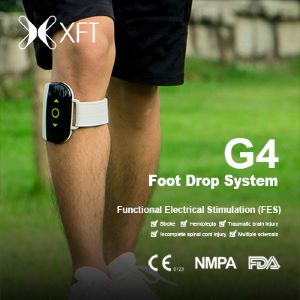Thomas Novak, Ph.D.
Post Doctoral Fellow
Emory University
Dr. Novak was first introduced to research while pursuing his B.S. in Exercise Physiology at The University of Texas at San Antonio. As a strength professional strength coach, and member of the UTSA's Sports Performance lab, he contributed to numerous studies investigating the effects of different periodized training programs to induce performance adaptations in professional athletes. Because of this experience, he decided to pivot from his career in professional sports to a graduate program at the University of Georgia. Under the direction of Dr. Karl Newell, he developed a line of research on motor coordination, control, and skill acquisition under the Dynamical Systems Framework. This work exposed him to the potential of Dynamical Systems to improve rehabilitation medicine, as these tenets focus on the necessity to approach principles of motor learning in a individual-specific manner.
Currently, Dr. Novak's research aims to identify early markers of aging-related motor dysfunction to improve early risk stratification and optimize rehabilitative outcomes under the purview of individualized medicine. As a post doctoral fellow at Emory University and the Atlanta VAMC, he is currently investigating the neural and behavioral markers that help account for inter-individual differences in aging adults’ capacity to acquire novel motor skills. By employing multimodal neuroimaging (MRI/MRS), neurophysiological recording (TMS-EMG), and behavioral assessments (reaction time/response accuracy), he and his collaborators provide compounding evidence towards a functional role of aging-induced changes in GABA-mediated inhibition on adaptive skill acquisition. They have also shown that exercise is an important component for the recovery/maintenance of healthy GABAergic function. With these collective findings, Dr. Novak intends to develop more personalized paradigms that improve motor recovery outcomes with adjuvant therapies involving motor training, exercise, and non-invasive brain stimulation (NIBS).
Poster(s):
-
Wednesday, November 1, 202312:30 PM - 12:36 PMWednesday, November 1, 202312:10 PM - 12:16 PMWednesday, November 1, 202312:40 PM - 12:46 PM

.jpg)
